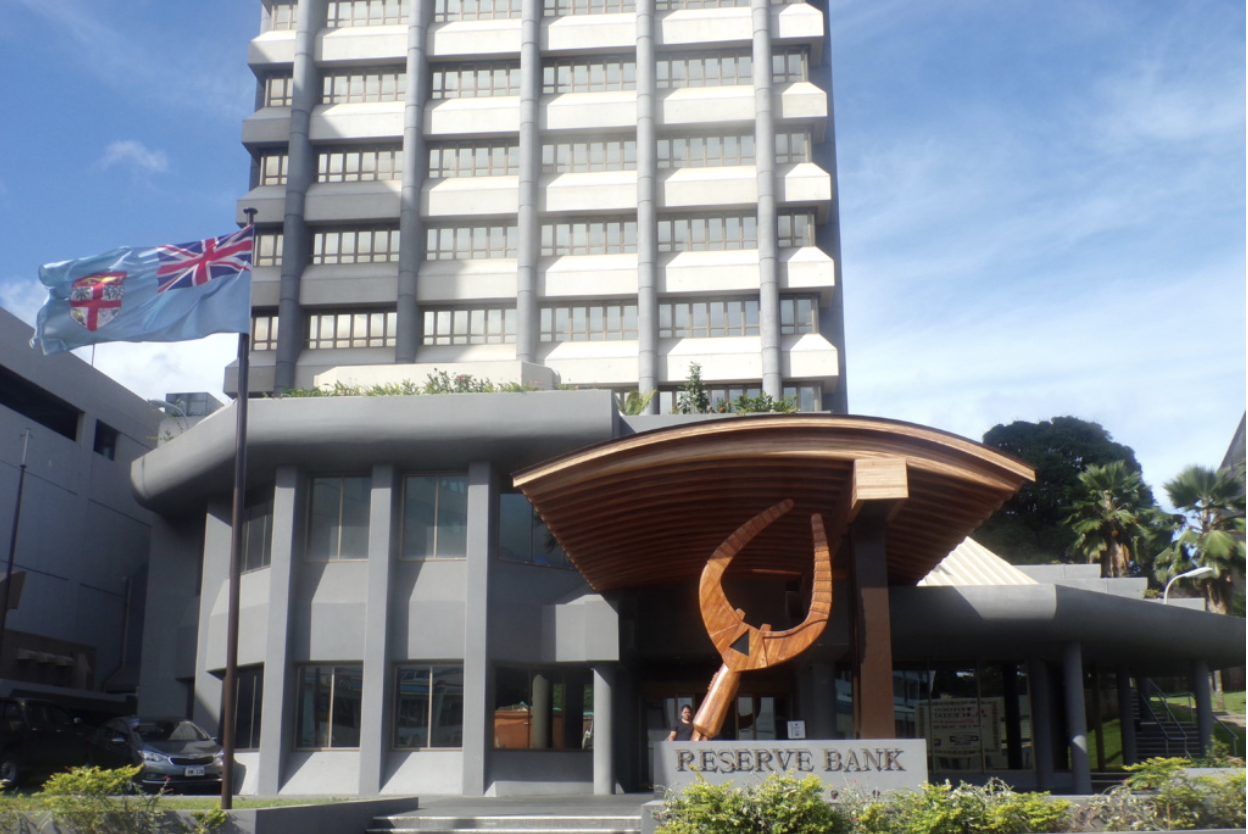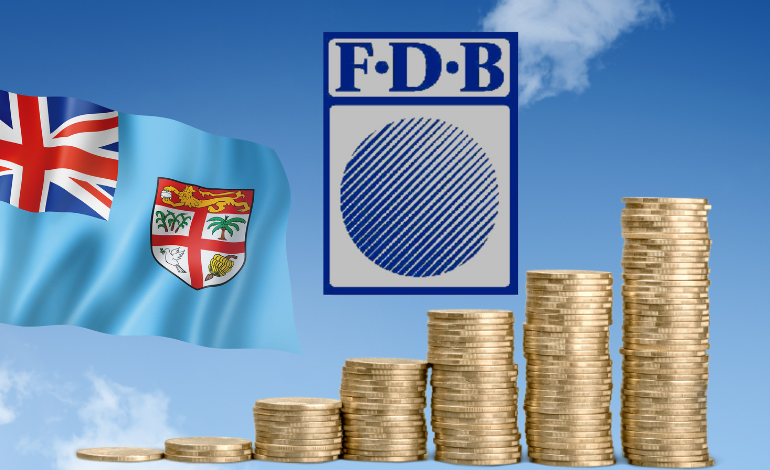A recent report jointly released by the Pacific Network on Globalisation and Third World Network delves into Fiji’s economic strategy, urging the nation to secure concessional finance to bolster its development efforts while effectively addressing climate adaptation and mitigation needs. This report sheds light on the delicate balance Fiji must strike to safeguard its economic future, offering critical recommendations for managing both external and domestic debt, as well as enhancing the performance of state-owned enterprises (SOEs).
 Acknowledging Fiji’s unique position as an IBRD-IDA Blend country and a Country B member of the Asian Development Bank (ADB), the report emphasises the significance of accessing concessional finance, which offers more favourable terms compared to market loans. Given Fiji’s susceptibility to economic and environmental shocks, concessional finance plays a vital role in sustaining its resilience. The report cautions against non-concessional external borrowing, citing potential risks such as market volatility, high interest rates, and adverse exchange rate fluctuations that could exacerbate Fiji’s debt burden.
Acknowledging Fiji’s unique position as an IBRD-IDA Blend country and a Country B member of the Asian Development Bank (ADB), the report emphasises the significance of accessing concessional finance, which offers more favourable terms compared to market loans. Given Fiji’s susceptibility to economic and environmental shocks, concessional finance plays a vital role in sustaining its resilience. The report cautions against non-concessional external borrowing, citing potential risks such as market volatility, high interest rates, and adverse exchange rate fluctuations that could exacerbate Fiji’s debt burden.
On debt management strategies, the report advocates for a cautious approach, saying the concessional loans must be prioritised over commercial terms for external debt. Domestically, it recommends transitioning from short-term treasury bills to long-term bonds, alongside exploring options like bond buybacks and switches to optimise debt management and minimise financial constraints.
The report underscores the pivotal role of SOEs in Fiji’s overall debt sustainability. Improved monitoring and management of SOEs are deemed essential to mitigate contingent liabilities and ensure their positive contribution to Fiji’s economic resilience and development objectives.
Echoing these sentiments, a comprehensive report commissioned by the Pacific Network on Globalisation raises concerns about the Central Bank of Fiji’s independence and highlights potential strategies to alleviate pressure on government resources, such as bond buybacks and switches. Favouring long-term bonds over short-term treasury bills, the report suggests that the central bank consider purchasing domestic government bonds from both primary and secondary markets to support government financing needs during crises while upholding principles of good governance, transparency, and accountability.
As Fiji charts its course towards sustainable development, strategic financial planning, prudent debt management, and governance reforms will be pivotal in navigating economic and environmental challenges, ensuring long-term resilience and prosperity.



